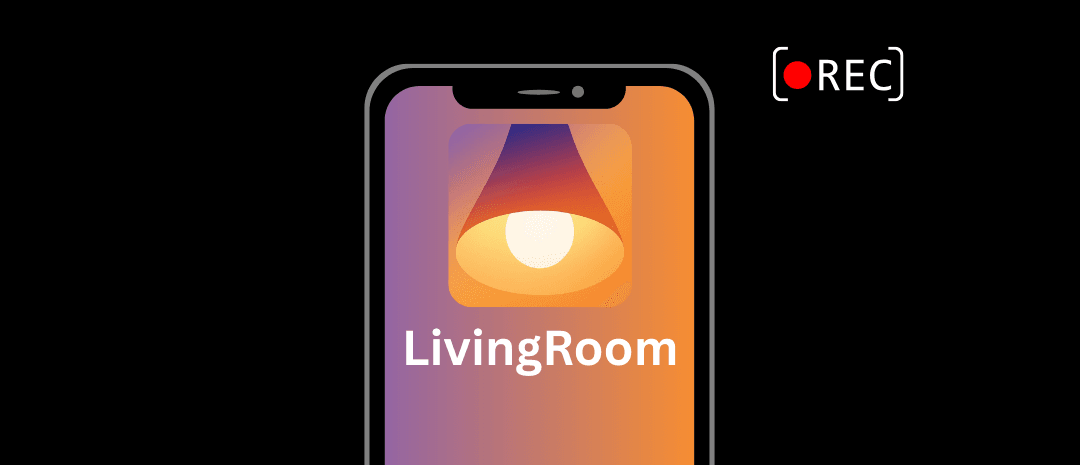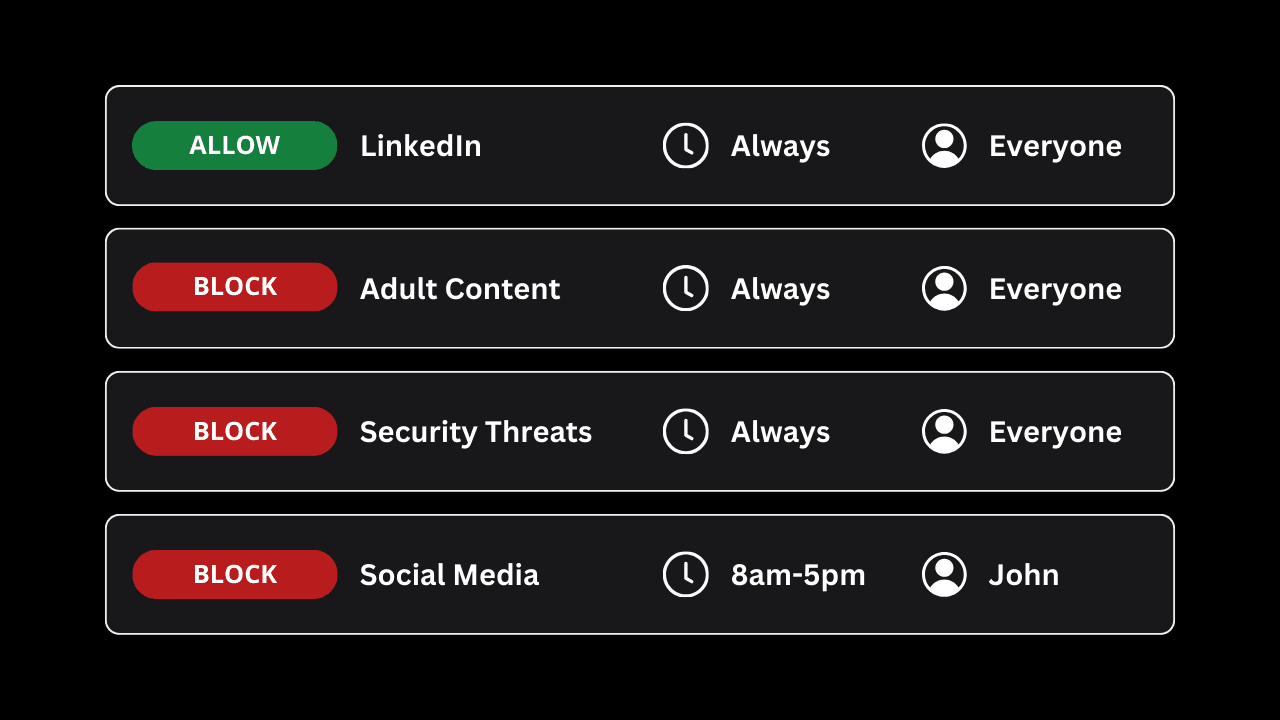Family Link: Is it a good option?
Is Family Link a good option for Parents and Individuals?
We take a look at Family Link, what features it provides for parents and individuals, and how effective it is at blocking content.
As a parent, you want to make sure your child is protected while online. Family Link claims to be able to provide protection online, while showing you reports of your child's activity. Does Family Link provide the best option, and do their content controls work?
This review will dive into what Family Link is, and what we at Tech Lockdown believe parents and individuals should know before getting started.
What is Family Link?
You can think of Family Link as "Google Parental Controls". It allows parents to monitor and control settings for their child's Google account. Family Link has an app that you can install on your child's Android smartphone (we'll go into more detail about why Android later) which is required in order to enforce restrictions on their device.
You will need to have your own Google account (this needs to be a different account than you child's) for it to work. You will also need to have a separate device for yourself, since Family Link won't allow multiple accounts to be on the same device. The Family Link app can be installed for both parents and their children, but parents will be able to set restrictions if they're signed in with their account.
What Can Family Link Do?
Since Family Link sets parental controls for a Google account, it allows you set rules for how different Google apps work. The Google ecosystem includes apps and websites like Chrome, YouTube, the Play Store, and Gmail.
It can set restrictions for your child's smartphone, like:
- Require permission in order to install new apps.
- Block apps you don't want your Children to use or install.
- Set daily limits for apps, as well as bedtimes.
- View location.
Family Link works across the entire Google ecosystem, so some of the restrictions you set can apply to more than just your child's smartphone. Outside of just the smartphone restrictions, you can also:
- Monitor websites visited on Chrome browsers your child is signed into.
- Force SafeSearch in Chrome
- Force YouTube Restricted mode , when your child is signed in.
There are also some account controls you can set up. For example, you can prevent your child from signing out of Google on their smartphone and require permission in order to log in to a new device. This can be important if you're concerned that you child will try to use another device or sign out to bypass restrictions.

What are Family Link's Weaknesses?
While Family Link allows you to do a lot, there are some important considerations you need to have before jumping on board.
Family Link Features Don't Work on iPhones
The biggest limitation has to do with the fact that Family Link is only "Google parental controls". It only works on platforms, apps, or websites that are a part of Google's ecosystem, and cannot enforce restrictions for other companies' apps (like Microsoft or Apple).
This is very important to remember. Android smartphones and Chromebooks are the only devices that support full Family Link supervision. If your child is using an iPhone, then you won't have as many features. This is referred to as "partial supervision".
On iOS, parents can't:
- Block or set time limits for Apps.
- See App activity.
- See the device's location.
- Prevent sign out of Chrome.
If your child has an iPhone, then you'll have to consider Screen Time for iPhone. If you (the parent) have an iPhone, then you should be able to use it to set restrictions without issue.
Supervised Accounts Can Leave Family Link
If the supervised account (your child's account) is above the age of 13, then they have the option to leave supervision on Family Link. This cannot be restricted by the parent, and the child can leave at any time. Parents will only have a notification that supervision has been lifted from the account after the fact.
Supervised accounts that have the age below 13 are not able to leave by themselves. However, on their 13th birthday, the account will receive an email that allows them to choose whether they want to leave or stay under supervision. Afterwards, even after the child chooses to stay under supervision (if they decide to), they will be able to leave at any time.
Family Link Can Be Bypassed by Using a Different Device
The biggest problem is that, especially on devices other than Android smartphones and Chromebooks, supervised accounts will have to sign in for the restrictions to take effect. On computers in particular, your child may just choose to not sign in (or they might forget).
Generally, if your child only uses Android smartphones, tablets, or Chromebooks, then Family Link should be fine. If you're family has a shared computer, then you will have to use something different for the computer.

The Verdict: Recommended If You Only Use Android Smartphones.
Family Link works very well within the Google Ecosystem and Android devices. However, it struggles to provide nearly as many features on other platforms, like computers (with the exception of Chromebooks) or iPhones.
But, Family Link is very easy to set up and use. For most families, Family Link will be enough. Generally, Family Link is a good option for your family if:
- Your family uses Android devices or Chromebooks.
- Your family doesn't use a shared computer (or if you do, it has filtering enabled/installed).
- You only need basic controls and restrictions.
You'll be unable to take full advantage of Family Link otherwise. You may be able to pair Family Link with other parental control or content filters (many families do), but this will take patience and some tech-savviness.
We've done a comparison of alternatives to Family Link , and there is no shortage of options that parents can choose from.

What Next?
If Family Link isn't the right option, then what is?
For starters, you could use a content filter on your devices. One of the best types of content filters is a DNS Blocker , which lets you block websites at the network level. This means that websites you block will be blocked, regardless of which device or web browser you use. You can even set one up to protect your entire home network .
Another thing we strongly recommend looking into is device supervision or management . These are a step up from parental controls, since they can lock down the entire device. You can pair this with a DNS Filter, which can be enforced on a supervised device for even more protection.
Frequently Ask Questions
Are their alternatives to Family Link?
Yes, we recommend and compare alternatives to Family Link in our blog post .
I'm an Accountability Partner for a friend/family member. Can I use Family Link to monitor their activity?
Yes, however, we recommend using more powerful methods to prevent bypass. Family Link has very limited protection, and some features that might be useful for self-control are not available. We strongly recommend DNS Filtering , since this is set up at the network level.
Does Family Link work on iPhones?
Yes, however it only provides partial supervision.
How can I tell if my device is supported by Family Link?
To learn if your devices will be supported, use this article on Family Links site .
In general, most Android and Chromebook devices will be supported. Computers (like laptops and desktops), iOS devices, and tablets may only have partial supervision available.
